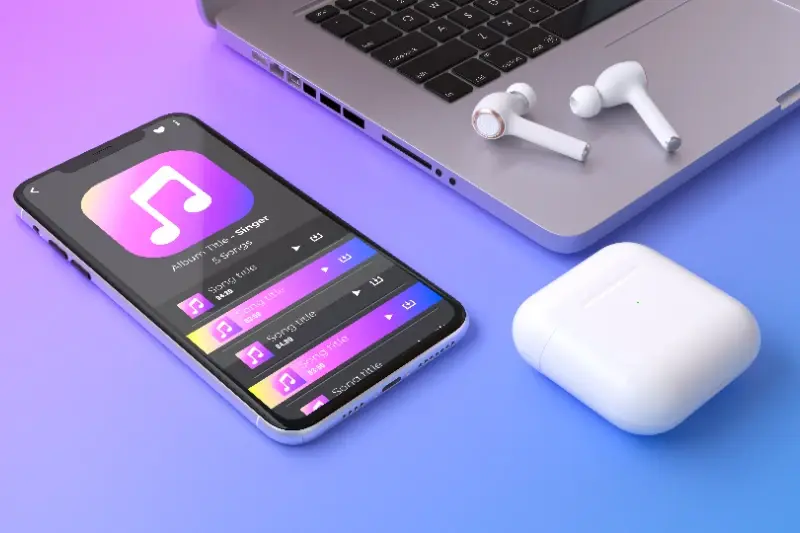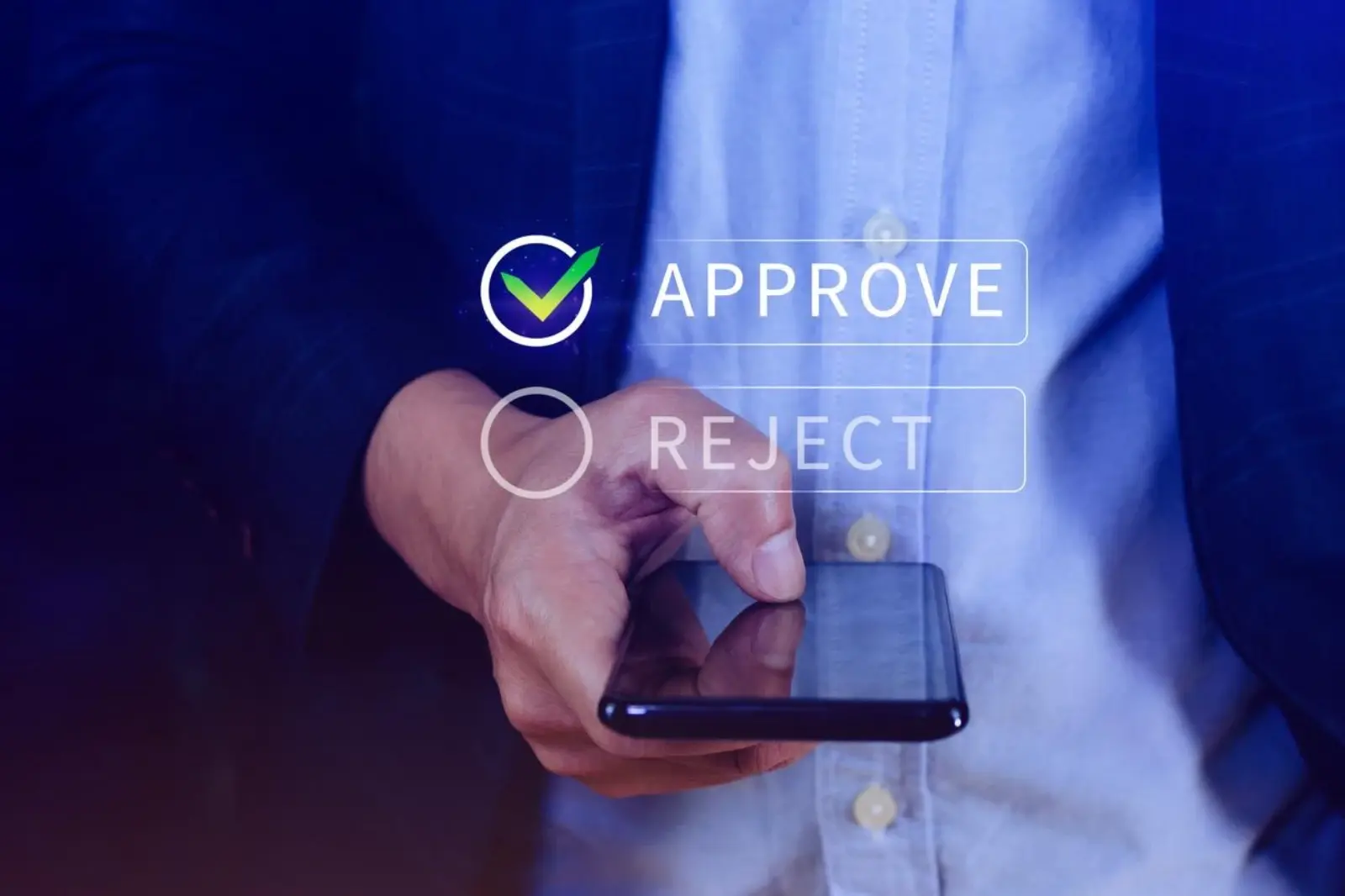App Insurance Explained: What Actually Matters vs Marketing Fluff
Most mobile app developers will go their entire career without ever needing to make an insurance claim. But when something does go wrong—and it occasionally does—the difference between having proper business protection and being left exposed can mean the survival or death of your company. The problem is that insurance companies know this, and they've built an entire marketing machine around fear and confusion.
After working with countless app development agencies over the years, I've seen businesses pay thousands for policies they'll never use whilst completely missing the coverage they actually need. The insurance industry loves to overcomplicate things with jargon and scare tactics, making it nearly impossible to separate what's genuinely important from what's just expensive marketing fluff.
The biggest mistake I see app developers make is buying insurance based on what sounds scariest rather than what's most likely to actually happen
This mobile app insurance guide cuts through the noise to show you exactly what matters for your business protection. We'll look at the real risks you face as an app developer, which policies are worth your money, and how to spot the marketing tricks that insurance companies use to sell you coverage you don't need. No fear-mongering, no sales pitches—just straight answers about protecting your app development business.
What App Insurance Actually Protects
Right, let's cut through the noise and talk about what app insurance actually covers—because there's a lot of confusion out there. Having worked with dozens of mobile app development projects over the years, I've seen plenty of developers get caught out by thinking their standard business insurance covers everything. Spoiler alert: it doesn't.
App insurance isn't one magical policy that fixes everything. It's actually a collection of different insurance types that work together to protect your business from various risks. Think of it like building blocks—you need different pieces to create proper protection.
The Main Types You'll Actually Need
- Professional Indemnity Insurance - Covers you when clients claim your work caused them financial loss
- Public Liability Insurance - Protects against third-party injury or property damage claims
- Cyber Liability Insurance - Covers data breaches, hacking incidents, and privacy violations
- Product Liability Insurance - Handles claims when your app causes harm to users
- Employers' Liability Insurance - Mandatory if you have employees (even contractors sometimes)
What catches most people off guard is that these policies don't automatically cover everything app-related. Many traditional insurers still struggle with digital products; they're more comfortable with physical goods and traditional services. This means you need to be specific about what you're building and how it works when getting quotes.
Professional Indemnity Insurance—The Real Must-Have
Right, let's talk about the one type of insurance that actually matters for your mobile app business. Professional indemnity insurance covers you when your work goes wrong—and trust me, it will go wrong at some point. This isn't marketing fluff; it's the insurance that protects you when a client claims your app caused them financial loss.
I've seen developers get hit with claims for everything from missed deadlines to security vulnerabilities. One client might say your app crashed during a big sale and cost them thousands in lost revenue. Another might claim your code contained bugs that damaged their reputation. Professional indemnity insurance steps in to cover legal costs and any compensation you might have to pay.
The coverage typically includes errors in your work, failure to deliver on time, and breach of confidentiality. Most policies also cover legal defence costs, which can be massive even if you win the case. Without this protection, a single unhappy client could literally destroy your business overnight.
Get coverage that's at least 10 times your average project value. If you typically work on £10k projects, aim for £100k minimum coverage—legal costs alone can reach that amount.
Don't skimp on this one. Professional indemnity insurance is the difference between surviving a client dispute and closing your business.
Public Liability Insurance—When Things Go Wrong
Public liability insurance is probably the most misunderstood type of cover in the app world. Most people think it's about protecting users from dodgy code or broken features—but that's not what it does at all. This insurance kicks in when your business activities cause physical injury or property damage to someone else.
For app developers, public liability scenarios are quite limited but they do exist. If you're running a workshop and someone trips over your laptop cable, that's a public liability claim. If you're demonstrating your app at a trade show and accidentally knock over someone's expensive equipment, you're covered. The key word here is physical.
Common Public Liability Situations for App Developers
- Accidents during client meetings or presentations
- Damage to client property whilst working on-site
- Injuries at events, workshops, or conferences you're hosting
- Problems with your office space that affect visitors
Most insurers will try to sell you £1-2 million of public liability cover as standard. For most app developers working primarily from home or small offices, this is overkill. You're not running a construction site! £500,000 is usually more than enough unless you're regularly hosting large events or working in high-risk environments.
Cyber Liability Insurance—Your Digital Safety Net
Now this is where things get interesting for mobile app developers. Cyber liability insurance covers you when hackers break into your systems, steal user data, or when you accidentally leak personal information. With apps handling everything from banking details to health records, this type of cover has become pretty important.
The tricky bit is that cyber attacks can happen in so many ways—malware infections, phishing emails targeting your team, or even someone leaving their laptop in a coffee shop. What makes this insurance particularly relevant for mobile app development is that we're constantly handling sensitive user data and connecting to third-party services.
Most cyber liability policies will cover the costs of notifying affected users, credit monitoring services, legal fees, and even business interruption costs whilst you get your systems back online
One thing I've learned is that insurers are getting much stricter about what security measures you need to have in place before they'll cover you. They want to see things like regular security audits, staff training, and proper data encryption. It's not just about having the insurance—you need to prove you're taking cybersecurity seriously. The good news is that many of these requirements will actually make your mobile app more secure anyway.
Product Liability Insurance—Who Pays When Apps Break
Product liability insurance is probably the most misunderstood type of cover in the app world—and honestly, I get why. Most people think it's about what happens when your app crashes or has a bug, but that's not quite right. This type of insurance kicks in when your app actually causes physical injury or property damage to someone.
Now, you might be thinking "how can an app cause physical harm?" Well, let me tell you, it happens more than you'd expect. Navigation apps that give wrong directions and cause accidents, fitness apps that recommend dangerous exercises, or medical apps that provide incorrect health information. These are the scenarios where product liability becomes relevant.
When You Actually Need It
The reality is that most standard business apps—your typical e-commerce stores, social media platforms, or productivity tools—rarely need product liability insurance. The risk just isn't there. But if your app controls physical devices, provides safety-critical information, or gives health and fitness advice, then you're in different territory entirely.
The tricky part is that this cover can be expensive and many insurers don't fully understand app development. They'll often try to sell you product liability when what you really need is professional indemnity or cyber liability coverage instead.
Common Marketing Tricks Insurance Companies Use
Insurance companies are brilliant at making everything sound scarier than it actually is. They'll throw around terms like "comprehensive coverage" and "complete protection" when really they're just selling you the same basic policies with fancy names. I've seen quotes that make it sound like your mobile app will single-handedly bring down the internet if you don't have their premium package.
One trick they love is bundling loads of coverage you don't need with the stuff you actually want. They'll offer you a "business protection suite" that includes everything from equipment insurance (do you really need to insure your laptop three times?) to employment liability when you're a solo developer. The price looks reasonable until you realise half of it is useless for your business.
Always ask for a breakdown of what each part of your policy covers and costs. You'd be surprised how much money you can save by dropping the bits you don't need.
Another favourite is the fear-based selling approach. They'll start listing all the terrible things that could happen to your mobile app—data breaches, lawsuits, system failures—without explaining how likely these actually are or what realistic coverage looks like. Yes, bad things can happen, but you don't need to insure against alien invasion.
Red Flags to Watch For
- Pressure to "sign today" for special pricing
- Policies that cover "everything" (nothing covers everything)
- Vague explanations about what's actually included
- Refusing to provide written quotes
- Pushy sales tactics focusing on worst-case scenarios
Conclusion
Look, I know insurance isn't the most exciting topic when you're trying to build the next big app—but it's one of those things that'll save you a massive headache later. After working with clients for years, I've seen too many people get caught out by fancy marketing promises that don't actually protect what matters.
Professional indemnity insurance is your bread and butter; it protects you when clients claim your work wasn't up to scratch. Public liability covers the unexpected stuff that happens in real life. Cyber liability insurance is becoming more important every day—data breaches can destroy businesses overnight. Product liability might seem like overkill, but when your app handles sensitive information or could cause financial loss, it's worth considering.
The main thing to remember is that insurance companies are brilliant at making everything sound critical when they're trying to sell you something. They'll throw around scary statistics and make you feel like you need every single policy they offer. You don't. Start with the basics, understand what you're actually buying, and don't fall for the marketing fluff. Your future self will thank you when you're properly covered without paying for unnecessary extras.
Share this
Subscribe To Our Blog
You May Also Like
These Related Stories

Compliance Made Simple: GDPR Security for Enterprise Apps

When Your App Needs Music Licensing (And How Much It Costs)





